How IONOS is looking towards privacy and Europe for a solid share of the cloud market
The hyperscale providers continue to dominate the cloud infrastructure and hosting market. According to industry watcher Synergy Research in May, the combined market share of Amazon Web Services (AWS), Microsoft and Google alone was 56%.
Yet one area has the potential to cause concern - and it has pricked the ears of other players looking to capitalise.
In August, CloudTech reported on the ending of the Privacy Shield agreement by the European Court of Justice (ECJ). The...












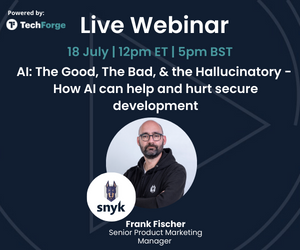
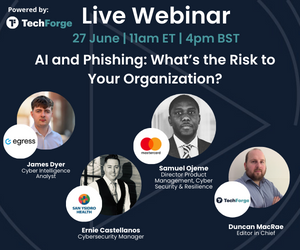
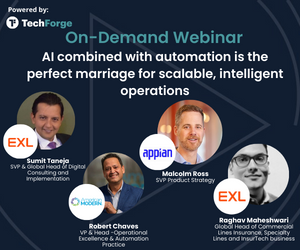

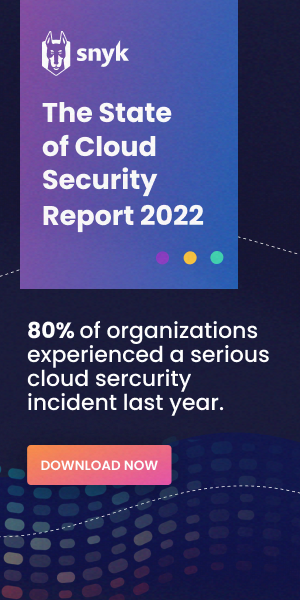




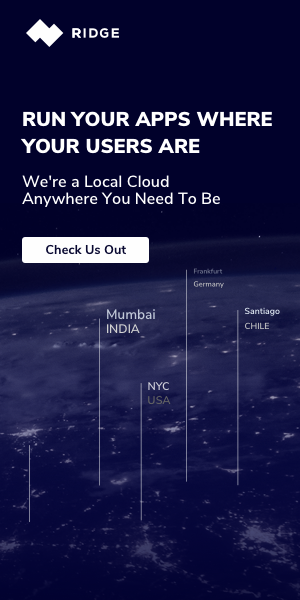



Recent Comments